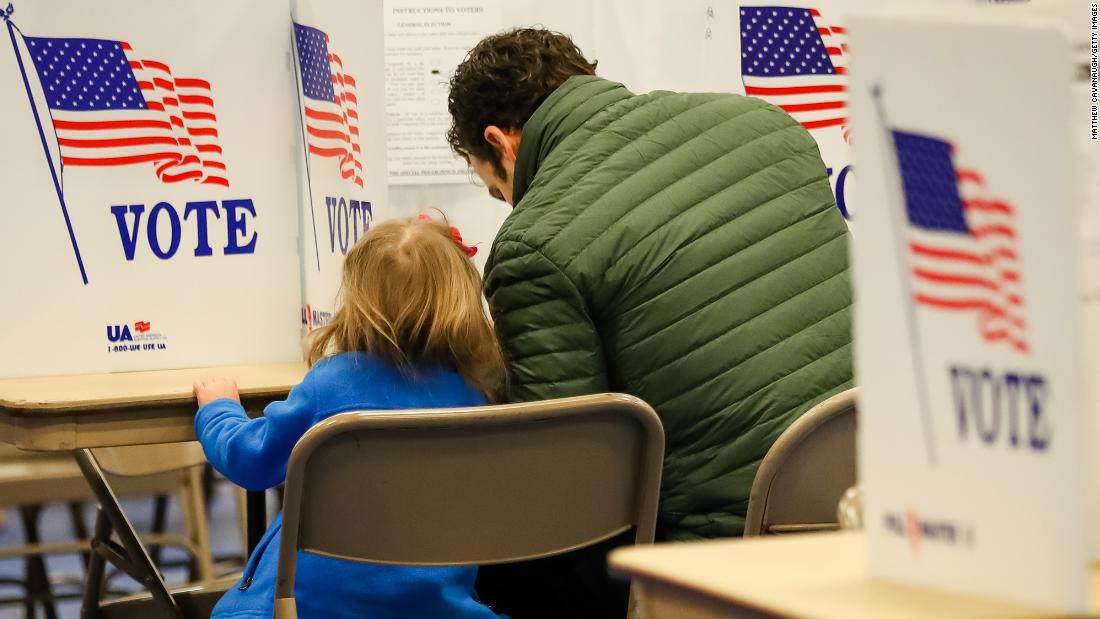How to Explain US Politics to Child
During election seasons, kids can become fascinated with the political process and its ins-and-outs. They may also be intrigued by national news and the way information, whether true or false, can go viral on social media sites.
Teach them about politics to separate fact from opinion. Encourage them to watch and read reputable news sources, and make it clear that you can respect someone’s opinions even if you disagree.
Issues
There are many issues that affect US politics, and kids can become interested in a wide variety of them. Experts recommend introducing children to political and government ideas by talking about topics they find interesting and asking questions. During these conversations, it’s important to emphasize that kids don’t have to agree with every view that comes up and that there are good reasons to believe in different things.
By elementary age, kids can begin to understand the ins and outs of how Parliament works and learn about wider concepts like democracy. They can also start to learn about how they can make a difference as citizens, and helping them find methods for staying current on issues they’re passionate about will give them a stronger sense of citizenship and responsibility. They may even be ready to learn more about specific parties, candidates and their platforms. Kids can also start to learn more about why our country is unique among developed nations for having two dominant political parties and how this can lead to differences in political opinion.
Elections
Unlike some of the more obscure details about how laws are passed, most children can understand how elections work. It’s a great opportunity to teach them about the different types of elections, including local and state elections and how these affect things around them like roads and schools.
It’s also a good time to explain that politicians are people, just like us, with virtues and flaws. Too often, negative current events get all the attention, and kids can develop a fearful image of politics because of what they’ve seen or heard in the media or from snippets of overheard conversations.
If your child is old enough, take them to the polls on Election Day so they can experience first-hand how important voting really is. You can also discuss the election process with them at home, using reputable news sources or books on the topic for children. It’s a great way to teach them how to form their own opinions and think critically about the world around them.
Voting
Voting is a big part of democracy, so it’s important to help children understand how it works. Explain that each person gets one vote, no matter their job, money or connections. They also get to communicate with people in power directly by voting, and that is one of the best ways for citizens to voice their opinions.
Explain that not everyone will be happy with the results of an election, but that is a part of our system. You can use kid-friendly books that show the electoral college process and how votes are counted.
Make sure to talk about local and state politics too, because young children are most likely to understand that policies affect things that they can see, like parks, roads and schools. You can also ask them to make lists of things they like and wish were different and then discuss how their choices might be impacted by politicians. Keep discussions open and nonpartisan so that your child can develop their own political convictions and eventually become an active voter.
Advocacy
Politics and kids don’t always mix – they’re usually too young to vote, and learning about political parties and their platforms can sound like extra homework. But politics is part of everyday life, and introducing children to it early can help them understand how their communities work and how to be active citizens.
The way you interact with your child about political matters can also influence their attitudes. Avoid being partisan, and encourage discussion of differing viewpoints. Teach them that the media doesn’t necessarily reflect the world at large and that it is important to read a variety of sources.
When talking about campaign issues, let your child know that the mudslinging that takes place during election season can be frustrating. Encourage them to stay informed by showing them how they can get current news online and on television. Support their activism efforts and volunteer together as a family, when possible. This will help them develop a sense of civic duty and a desire to make their community better.
